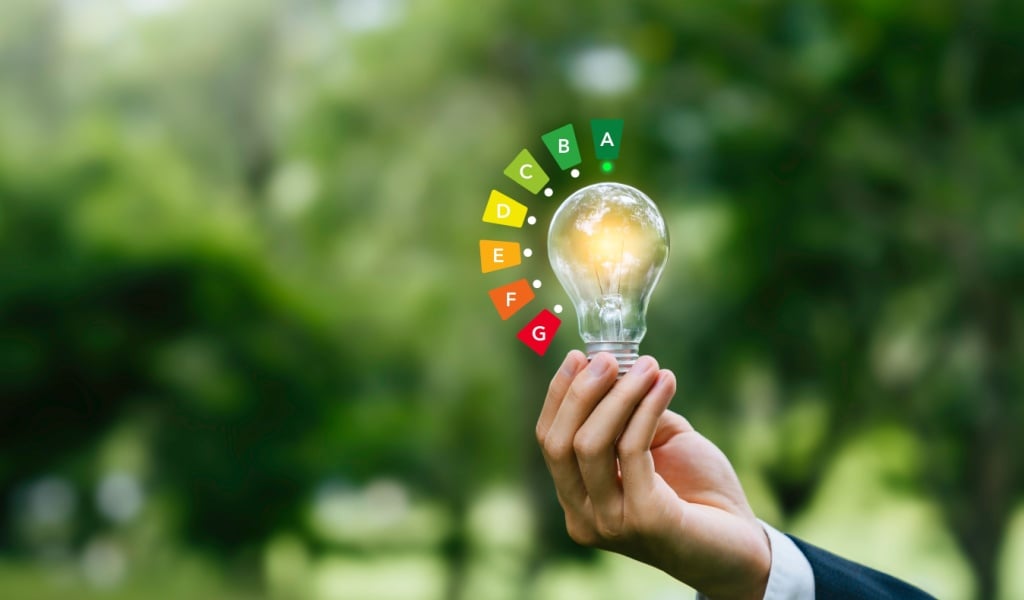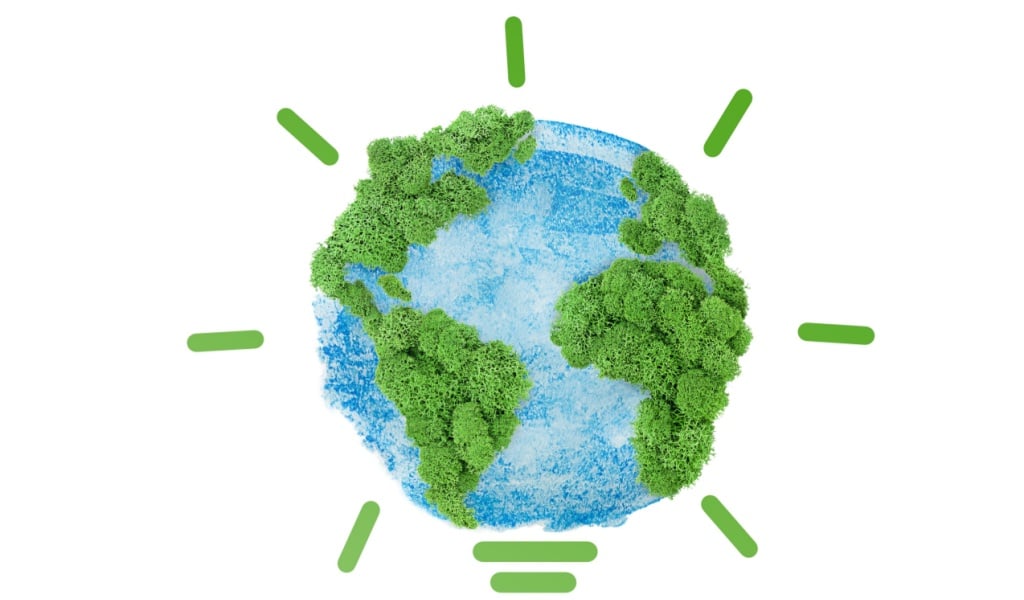Improving your home’s energy efficiency doesn’t have to involve expensive upgrades or months of renovations. By making small and practical changes in our daily routines, we can significantly lower our energy consumption without compromising on comfort or convenience. Whether you’re looking to lower your utility bills, reduce carbon emissions, or lead a more sustainable life, some simple and smart lifestyle changes can make a significant difference. Here are several habits that will help you improve your home’s energy efficiency every day:

Switch to LED Lighting
LED bulbs use up to 85% less energy than traditional bulbs, and they last significantly longer. Replacing all the bulbs in your house with energy-efficient LEDs is a quick and affordable first step toward saving both energy and money.
Keep Those Blinds Closed
Having your curtains drawn during the day is an ideal way to keep the heat out of the indoor environment, which in turn helps keep your home cool. Plus, it keeps away any Peeping Toms – and that’s a win-win!
Use Ceiling Fans Instead Of Air Conditioners
Instead of using an air conditioner, try running your ceiling fans clockwise when it is hot to pull warm air up and push cool air down. To save extra power, remember to turn them off when leaving home.
Unplug Idle Electronics
Many devices continue to consume energy even when turned off. Chargers and cables can continue to draw energy when the switch is turned off! Unplugging phone chargers, blenders, ovens, and TVs when not in use can eliminate unnecessary energy drain.
Air Dry Whenever Possible
Clothes dryers are among the most energy-hungry appliances in the home. You can combat this by switching to air-drying your laundry on a clothesline or a drying rack. It might seem like a hassle, especially on busy days, but you will realize it dries faster than expected. Not only will you save energy, but your clothes will last longer and look crisper.
Seal And Insulate Your Home
Small air leaks around windows, doors, or attics can cause your heating or cooling system to work harder and use more electricity. To prevent this, use weather stripping and insulation to maintain indoor temperatures efficiently and reduce the load on your HVAC system.
Load Up Your Washer
Use the washing machine only when you have a full load of clothes, and try to do laundry just once a week. Small loads waste water and precious energy. By doing it this way, you will be more organized with your laundry routine and drying schedule.
Open The Blinds On Cold Days
The sun is your best friend during the winter. If you’re tempted to turn on a heater, try opening your blinds first to let the sun’s rays naturally heat your home. It can make a bigger difference than you could imagine.
Keep The Lid on Your Pot
Covering the pan while boiling vegetables, eggs, or whatever else helps save energy, as heat isn’t lost to the air. It also keeps your house cooler and speeds up the cooking process.

Make The Most Of Your Microwave
Microwaves use up to 80% less energy than stoves. Instead of firing up the stove or oven for small tasks like reheating food, melting butter, or steaming veggies, use your microwave to save both time and energy. It is not only faster but also helps reduce your electricity bill. Just make sure to use microwave-safe containers and cover food to avoid splatters.
Use Cold Water for Laundry
Most people think hot washes are the best for laundry, but that’s not the case. Switching to cold water can save a significant amount of energy, as heating water accounts for a large share of electricity in the laundry. Cold water is gentler on fabrics, helps colours last longer, and is just as effective with modern detergents. Over time, this simple habit can lead to significant savings and is also better for the environment.
Go Paperless
Reducing paper use at home and in offices not only conserves trees but also lowers the energy needed for production, transport, and recycling. I’d rather opt for electronic bills, digital receipts, and online note-taking to reduce paper waste; wouldn’t you?
Shorten Your Shower
Heating water for showers is one of the highest energy uses in households. Changing your shower time by even two to three minutes can save a lot of water and energy over time. Additionally, you can shut off the water when shampooing your hair or lathering on your body wash – this small step makes a meaningful impact on energy savings.
Cook Smart
Use lids on pots and pans to cook food faster, not just when boiling. Match the pot sizes to the burner size to avoid wasting heat. Consider using microwaves, toaster ovens, or pressure cookers for small meals instead of heating a large oven. An air fryer is also an excellent energy-saving option that helps reduce oil consumption and waste.
Embrace Minimalism
Decluttering and living with fewer items result in reduced consumption and lower energy needs. You will use fewer electronics, clean less often, and maintain a simpler, more efficient living space.
Grow Indoor Plants
Indoor plants not only improve air quality but also provide natural insulation. Certain plants help maintain indoor humidity levels, which reduces the need for energy-intensive humidifiers or dehumidifiers.
Commute Smarter
Whenever possible, carpool, drive your bike, or use public transport. If you’re driving, maintain your vehicle well and drive efficiently to conserve fuel. However, it is better to consider switching to an electric or hybrid vehicle. For instance, try walking to the market for your daily shopping – this simple habit won’t just save energy and money, but also improve your health!
Conclusion
Energy saving isn’t about drastic changes or denying yourself comfort; instead, it’s about consistency and making conscious decisions. By integrating these small lifestyle changes into your routine, you contribute to a greener planet while enjoying the financial perks of lower utility bills. Always remember that small changes can make a consequential difference!



